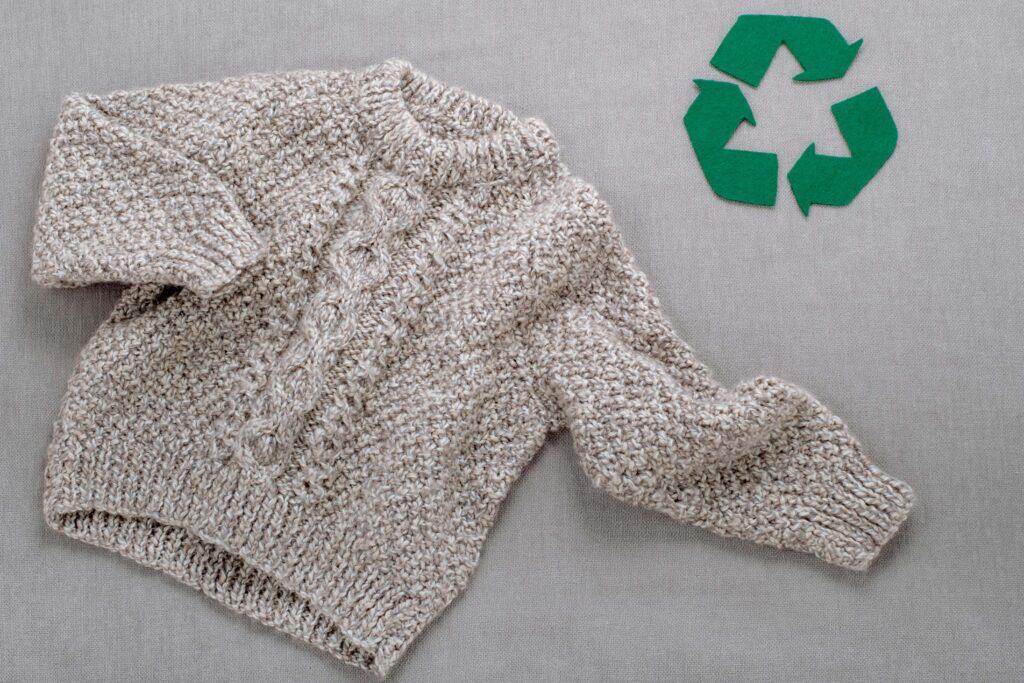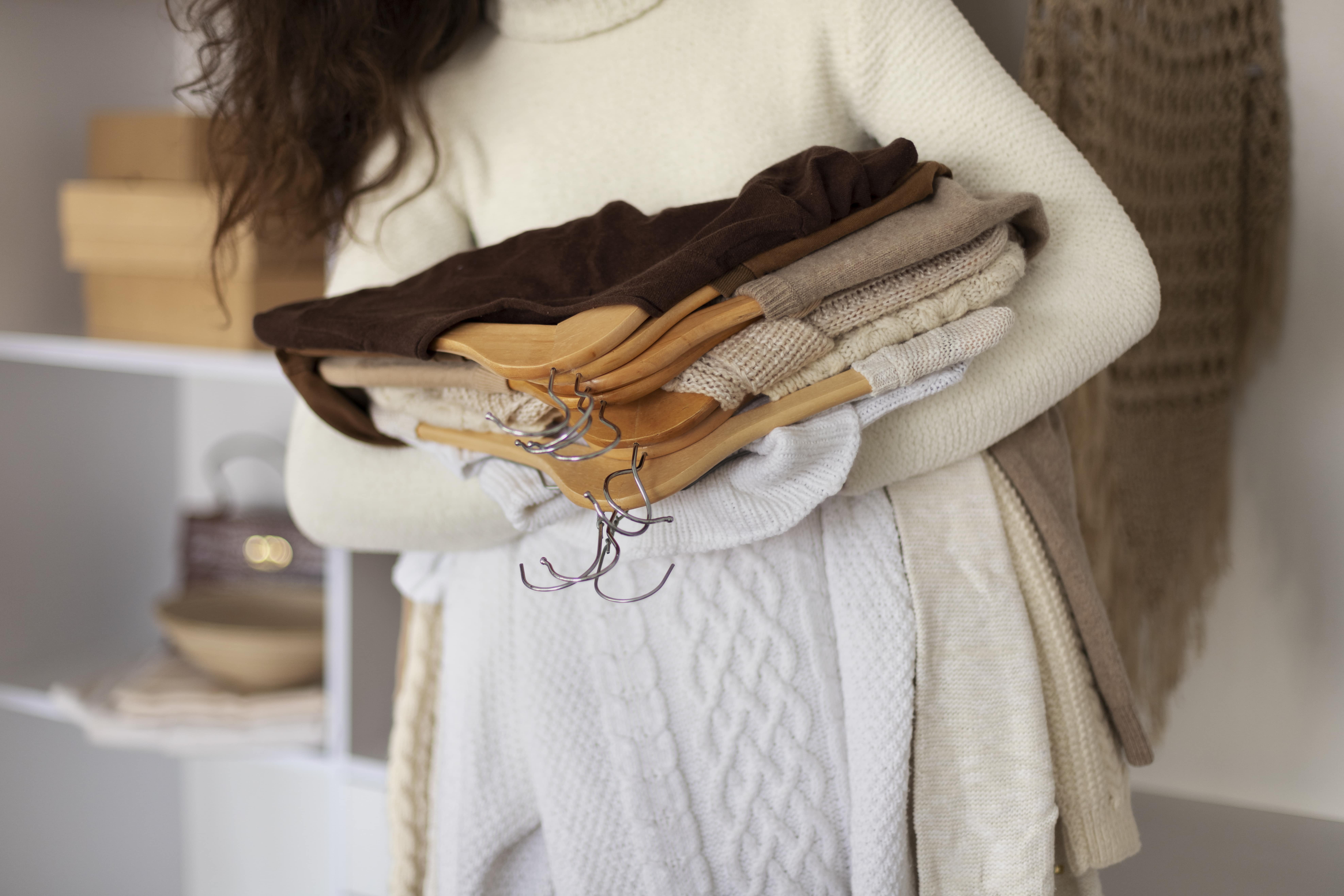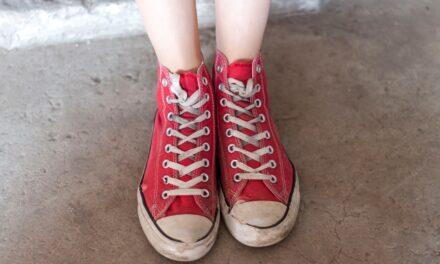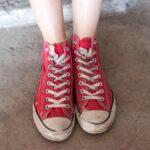As a fashion enthusiast, I have always been passionate about exploring new fashion trends and styles. But, over time, I have become increasingly aware of the impact that the fashion industry has on the environment and society. That’s why I started researching sustainable clothing rating systems and ethical fashion in Vancouver. In this article, I will share my insights and guide you through the world of sustainable clothing rating.
Why is Ethical Fashion Important?
The fashion industry is one of the most polluting industries in the world. It is responsible for producing massive amounts of waste, pollution, and carbon emissions. Moreover, the fast fashion business model relies on cheap labor and poor working conditions in developing countries. This has led to numerous cases of human rights violations, including child labor and forced labor.
Ethical fashion is a movement that aims to address these issues and promote a more sustainable and socially responsible fashion industry. It involves considering the environmental and social impact of clothing production and consumption. Ethical fashion focuses on reducing waste, using eco-friendly materials, and promoting fair labor practices.
Understanding the Clothing Brands Ethical Rating System
To help consumers make informed decisions about their clothing purchases, several organizations have developed ethical rating systems for clothing brands. These ratings evaluate brands based on their environmental and social impact, including factors such as energy use, water consumption, waste management, and worker rights.
One of the most well-known ethical rating systems is the Good On You app. This app rates clothing brands on a scale of 1-5 based on their impact on people, the planet, and animals. Another popular rating system is the Higg Index, developed by the Sustainable Apparel Coalition. This index measures a brand’s environmental and social impact throughout the entire supply chain.
Sustainable Clothing Rating Criteria
When evaluating clothing brands for their sustainability, ethical rating systems use several criteria. Here are some of the most common criteria:
- Materials: The type of materials used in clothing production is a significant factor in sustainability. Sustainable materials include organic cotton, hemp, and recycled polyester.
- Production: The clothing production process can have a significant impact on the environment and society. Sustainable production practices include using renewable energy, reducing water consumption, and minimizing waste.
- Labor: Clothing production is often associated with poor labor conditions and low wages. Sustainable clothing brands ensure fair labor practices and provide safe working conditions for their workers.
- Transparency: Transparency is essential in the fashion industry to ensure that brands are held accountable for their environmental and social impact. Sustainable clothing brands are transparent about their production processes and supply chain.
Some Brands that are Sustainable and Ethical Fashion in Vancouver
If you’re looking to incorporate sustainable fashion into your wardrobe, Vancouver has several eco-friendly clothing brands to choose from. Here are some of the top sustainable clothing brands in Vancouver:
- Encircled: Encircled is a sustainable clothing brand that focuses on creating versatile and timeless pieces that can be worn in various ways. They use eco-friendly materials such as Tencel and Modal and prioritize ethical production practices.
- Frank and Oak: Frank and Oak is a sustainable clothing brand that uses organic cotton, recycled polyester, and other eco-friendly materials. They also have a program that allows customers to return their clothing for recycling.
- Mala the Brand: Mala the Brand is a sustainable clothing brand that uses plant-based materials such as bamboo and hemp to create comfortable and stylish clothing.
How to Incorporate Sustainable Fashion into Your Wardrobe
Incorporating sustainable fashion into your wardrobe doesn’t have to be difficult or expensive. Here are some tips on how to make the switch to ethical fashion:
- Shop second-hand: Buying second-hand clothing is a great way to reduce waste and save money. Thrift stores, consignment shops, and online marketplaces like Poshmark and Depop are excellent options for finding pre-loved clothing.
- Invest in timeless pieces: Instead of buying trendy clothing that will go out of style quickly, invest in high-quality, timeless pieces that you can wear for years to come.
- Rent clothing: Renting clothing for special occasions or events is an excellent way to reduce waste and save money. Companies like Rent the Runway and NUULY offer rental services for designer clothing.
Sustainable Fashion Tips for Everyday Life
In addition to incorporating sustainable fashion into your wardrobe, there are many ways to live a more sustainable lifestyle. Here are some sustainable fashion tips for everyday life:
- Wash clothing less often: Washing clothing less often can help reduce water consumption, energy use, and clothing wear and tear. Instead of washing after every wear, consider spot cleaning or airing out clothing.
- Use eco-friendly laundry detergent: Traditional laundry detergents can be harmful to the environment and your health. Using eco-friendly laundry detergent can reduce your environmental impact and help protect your health.
- Reduce clothing waste: Clothing waste is a significant issue in the fashion industry. To reduce clothing waste, consider donating or recycling clothing that you no longer wear.
Sustainable Fashion Events in Vancouver
Vancouver has several sustainable fashion events throughout the year that promote ethical fashion and sustainable living. Here are some of the most popular events:
- Vancouver Eco Fashion Week: Vancouver Eco Fashion Week is a bi-annual event that showcases sustainable fashion from local and international designers. The event includes runway shows, workshops, and panel discussions.
- The Swap: The Swap is an annual clothing swap event that encourages participants to exchange their pre-loved clothing with others. The event promotes sustainable fashion and reduces clothing waste.
Conclusion: Making the Switch to Ethical Fashion
In conclusion, sustainable clothing rating systems and ethical fashion are essential for promoting a more sustainable and socially responsible fashion industry. By evaluating clothing brands based on environmental and social impact, consumers can make informed decisions and support sustainable fashion brands.
Incorporating sustainable fashion into your wardrobe doesn’t have to be difficult or expensive. By shopping second-hand, investing in timeless pieces, and renting clothing, you can reduce your environmental impact and support sustainable fashion.
Finally, Vancouver has several sustainable fashion events throughout the year that promote ethical fashion and sustainable living. By attending these events, you can learn more about sustainable fashion and connect with like-minded individuals.













